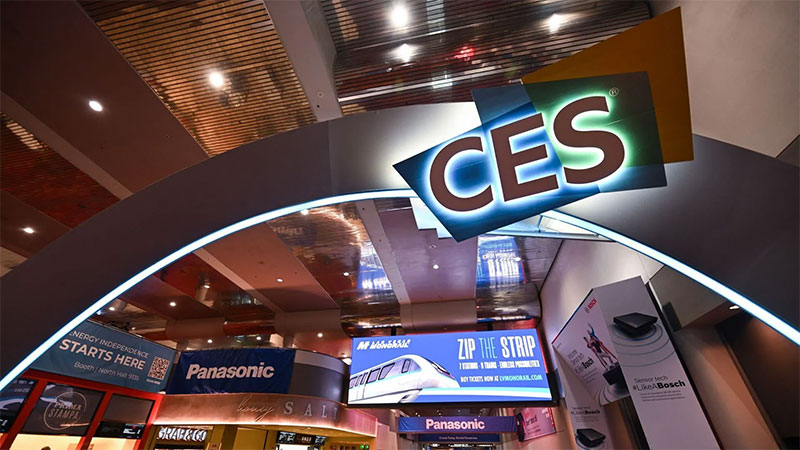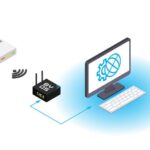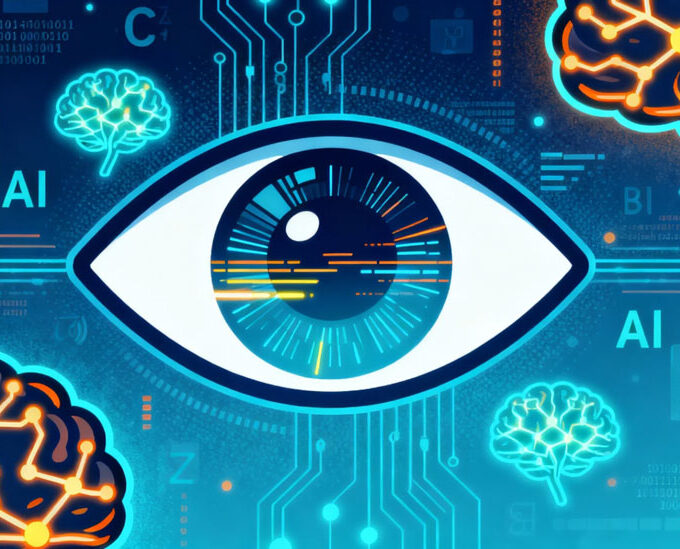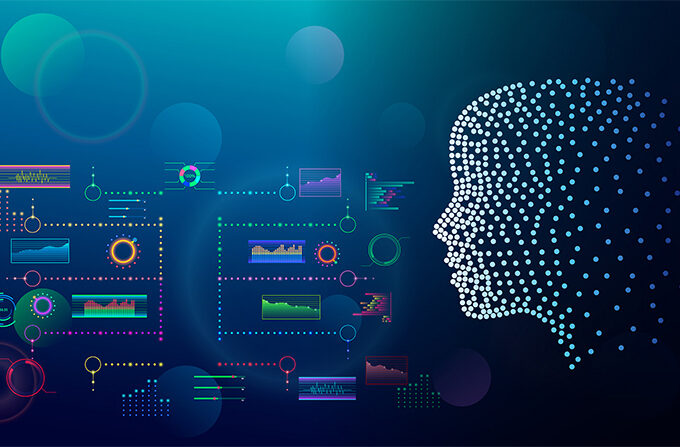On January 9, 2024, the Consumer Electronics Show (CES) opened in Las Vegas, USA, marking the annual "barometer" in the field of consumer electronics with global influence. The four main themes of this year's CES are Artificial Intelligence (AI), Sustainable Development, Mobile Technology, and Universal Security. The exhibition lasts for 4 days and attracts over 13,000 participants, including more than 4,000 exhibitors and organizations from 150 countries and regions.Among the exhibitors are over 1,200 startups, the highest number in the history of the show. These exhibitors will showcase innovative technologies and products in areas such as artificial intelligence, electric vehicles, digital healthcare, and sustainable development, providing insights into the trends and hot topics in the tech industry for the coming year. The event will also host more than 200 forums, focusing on new technologies, opportunities, and challenges in the consumer electronics industry, featuring representatives from companies, experts, and government officials.
Artificial Intelligence Integrated into Everything
According to the South Korean newspaper, “The era of artificial intelligence integrated into everything has arrived.” The current integration of AI technology across various industries is expected to deepen further, making this CES a milestone for the development of AI+.
Major tech companies are showcasing their AI products, including computers, smartphones, robots, etc. AI is virtually interconnected with all devices. At this CES, chip giants such as NVIDIA, AMD, and Intel are prominently featured, showcasing their latest products and future research plans.
Intel emphasizes the AI capabilities of Meteor Lake and highlights the release of the 14th generation non-K series desktop processor and 14th generation HX series mobile processor. AMD introduces new models of processors, including the Ryzen 8000G series desktop APU, R7 5700X3D, and R7 5700. NVIDIA unveils three new graphics cards aimed at enhancing the use of AI technology for gamers and personal computer (PC) users. The new consumer-grade graphics cards from NVIDIA will primarily be used for gaming while driving the next generation of laptops and desktops.
Some analysts predict that AI PCs will be the new trend at CES, making 2024 the year of AI PCs with a potential increase in sales and prices. Leading computer manufacturers such as Lenovo, Dell, ASUS, and HP are showcasing new AI PC products featuring the latest processors. These AI PCs have robust performance and efficient computing power, providing personalized services and immediate reliable service responses in various scenarios, covering text and image generation while ensuring data and privacy security.

This CES not only features the presentation of numerous new products by tech giants but also allows ordinary consumers to glimpse into the future of life integrating with AI technology. The concept of technology changing life has deeply embedded into everyone’s life.
The U.S. magazine Barron’s reports that AI is a repeated slogan when exhibitors market their “life-improving products.” Microsoft showcases Windows PCs with the AI assistant Copilot, replacing the Windows key with the Copilot key, enabling users to summon the AI secretary Copilot.
According to the South Korean newspaper, LG Electronics unveils the “Smart Home AI Butler” robot for the first time at CES. The robot can freely move around the house, recognize sounds and images of people and the environment, autonomously assess the humidity, temperature, and other conditions, and control various home appliances accordingly. For example, before people feel an itchy throat, the AI butler will proactively adjust humidity. It can also respond quickly to unexpected situations such as intruders or pets breaking flower pots.
According to the Latest report, an Indian company’s “AI Smart Helmet” can immediately issue alarms in the event of safety accidents, a Chinese company’s “AI Navigation Belt” can guide visually impaired individuals through cameras and an AI system, and a British company introduces the AI grill “Perfecta” that can identify the type and weight of meat, self-grilling according to user preferences.
In addition, some home appliance brands have introduced new products embedded with AI features, including AI refrigerators, AI TVs, AI washing machines, AI home theater devices, etc. The application of AI in the field of healthcare is also rapidly advancing, with medical health robots expected to offer more human-centric functions empowered by AI technology.
Continuous Emergence of XR Products
After about three years of a downturn, the consumer electronics market’s bottoming-out rebound is becoming more apparent. Many sub-sectors, represented by XR (the combination of real and virtual through computer technology, creating a virtual environment for human-machine interaction), are showing strong growth. At this CES, major VR and AR manufacturers are launching their latest VR/AR-related devices and announcing the progress of AR/VR platforms’ construction.
Qualcomm introduces the new virtual reality/mixed reality chip, Snapdragon XR2+Gen2, at the exhibition. Qualcomm notes that XR2+Gen2 will provide support for products such as Immersed’s Visor and the upcoming headsets from Samsung.
HTC unveils a new tracking accessory called “VIVE Full-Face Tracker” for developers and businesses. It can capture subtle facial and mouth expressions in the virtual world. HTC points out that “VIVE Full-Face Tracker” can further enhance interactive immersion in the XR virtual world. The Global Product Director of HTC VIVE, Shen Ye, mentions that the full-face tracker helps various applications such as animators, researchers, training scenarios, and healthcare.

According to incomplete statistics, the number of Chinese XR and Metaverse exhibitors at this CES exceeds 400, including well-known companies like DPVR, Pico Technology, NOLO, Skyworth, BOE, and Zhongke Chuangda. The release of 4K-level MR headsets is expected to witness a surge.
Smart Cockpits Take Center Stage
As electric vehicles enter the second half, smart cockpits, as the most technologically advanced consumer unit, have become the best entry point for creating differentiation in car products, as reflected in the industry’s enthusiasm at this CES.
Mercedes-Benz unveils the “All-New MBUX Virtual Assistant” at the exhibition. Based on the MB.OS operating system, the system uses powerful generative AI technology and active intelligent technology, possessing four major characteristics: “natural,” “predictable,” “personalized,” and “empathetic.” This system will be officially released with the MMA platform mass-produced models.
The BMW Group also reveals its direction in human-machine interaction development for the audience at the event. BMW showcases its new generation BMW Intelligent Personal Assistant, created based on the Amazon Alexa large language model. At the same time, BMW demonstrates for the first time how augmented reality glasses can enhance the driving experience. Users can personally experience how AR glasses visually integrate navigation instructions, danger warnings, entertainment content, charging station information, and parking conditions into the real environment while driving.

Volkswagen exhibits the first models integrating the large language model ChatGPT into the existing IDA voice assistant function. This function, based on Cerence’s Cerence Chat Pro technology, realizes a unique intelligent car-grade ChatGPT application.
BOE’s participation in the exhibition reflects two major characteristics, “technology” and “green,” bringing the world’s first 45-inch 9K oxide MiniLED in-car through-screen, with a 10K ultra-high resolution, and a smart cockpit solution that integrates hardware and software, attracting considerable attention.
Analysts analyze that at this CES, automakers are paying more attention to human-vehicle interaction, ecosystems, and more emphasis on the sense of technology. In terms of smart cockpits, the focus is on practicality, entertainment, and interactivity.













Leave a comment